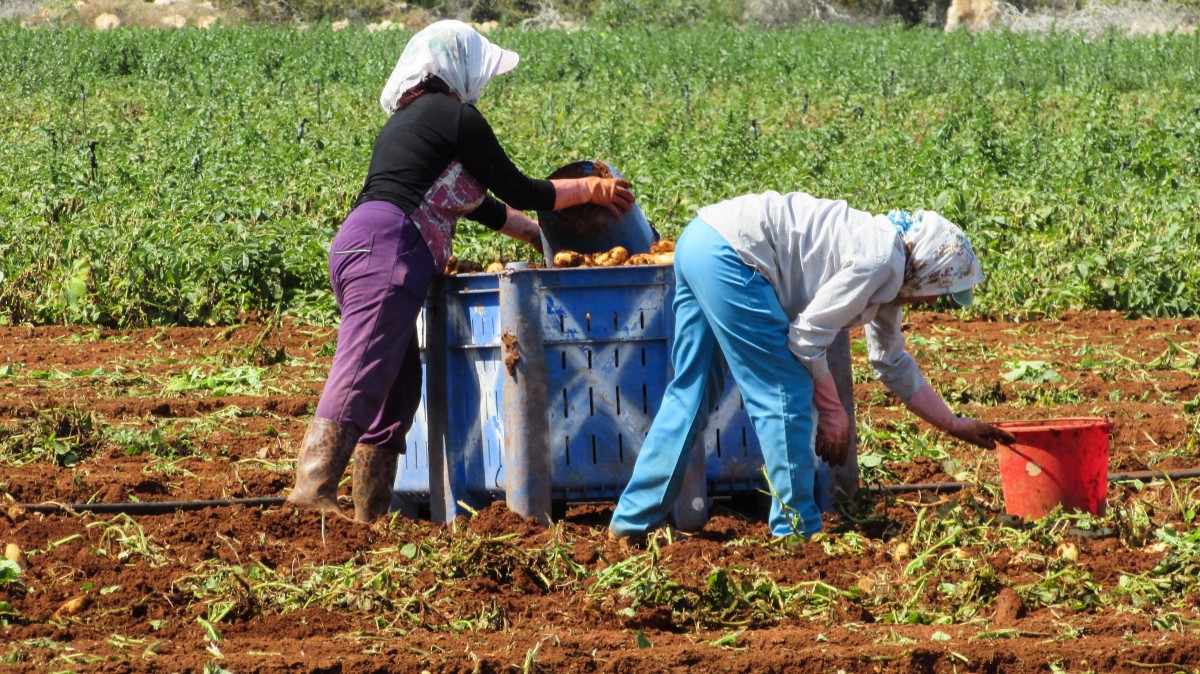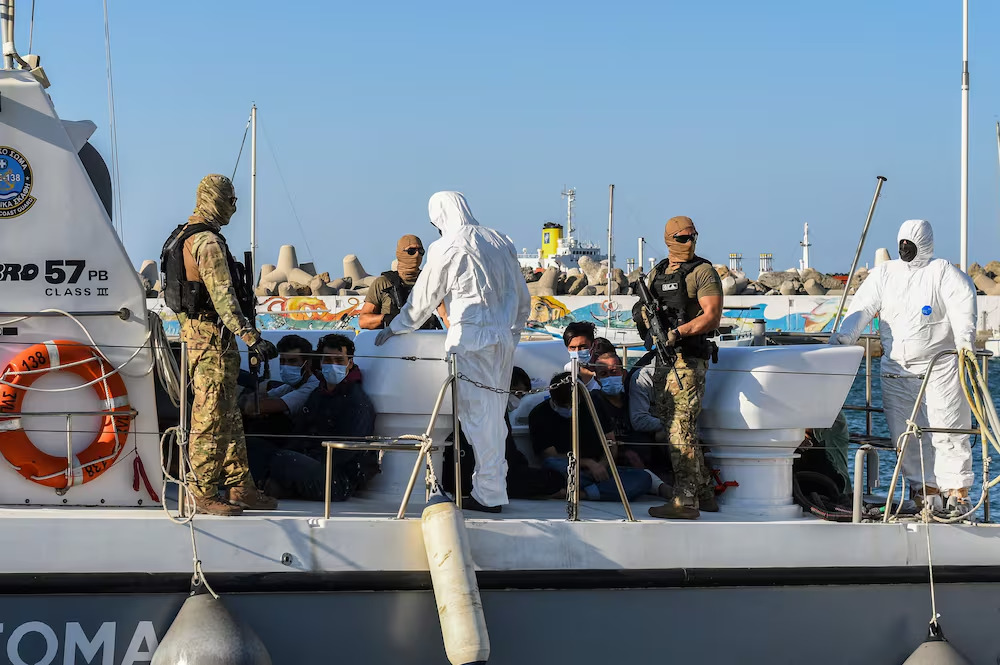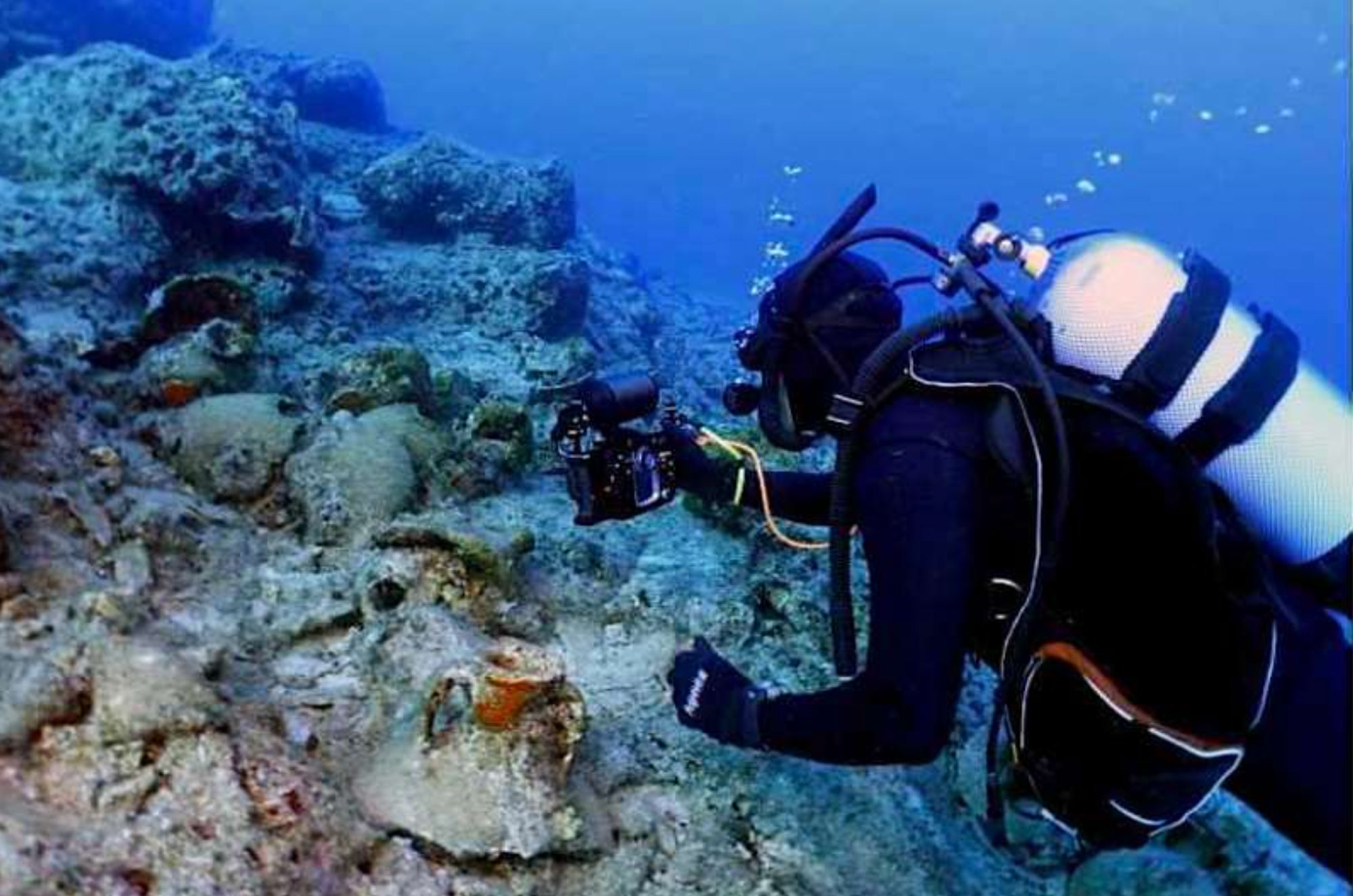The neo-Nazi party Golden Dawn of Greece, in the process of dissolution
- The neo-Nazi party has gone from being the third force in Parliament to no representation in the last elections, and a macro-trial wants to show that it is a criminal organisation. But the decline of the party does not come only from the failure of the rupture: in the loss of strength of the neo-Nazis the struggle of the anti-fascist movement has been fundamental.

Three decades after its founding, the Golden Dawn of Greece, became the third political force of the Greek Parliament in the 2012 elections. Seven years later, the party is in decline: He has not been represented in the July elections. They only got one MEP, Yanis Lagos, who had left at the Golden Dawn with the intention of creating a new party. In the same way, there are many former members who have vanished from the party.
The flight of affiliates is not the only indicator of decay. Staying at the door of Parliament has left the party without official sources of money, which has led to the closure of the headquarters. It has been symbolic, for example, that a lock was placed in the headquarters they had on the Mesogeion Avenue in Athens. In addition, a cyber attack left the party’s website out of operation, and this has been the case since then.
To these factors is added the macro-trial against the party that has been in operation since 2015, which aims to demonstrate that Egunsenti Urrekara, far from being a political party, is a neo-paramilitary organization. After four years of permanence, it is possible that, in a few months, the party will be declared a criminal organization by the organizers.
Decadence started 6 years ago
In an article published in Publicon, journalist Emma Pons Valls points out as the starting point of the decline what happened on September 18, 2013. In the early morning of 17th to 18th September, Yorgos Rupakistan, a member of the party, stabbed the anti-fascist singer Pavlos Fyssas, known as ‘Killah P.’, following orders received from the dome. Evidence from the Fyssas family during the trial indicates that it was Yanis Lagos who ordered the murder. The kidnapper was not the first death victim of the neo-Nazi party, as a few months earlier Pakistani migrant Shehzad Luqman had been arrested in Athens. In the case of Fyssas, however, the aggressor was immediately arrested and, according to Pons, “neither Golden Dawn nor the police were able to hide the case.” It is well known that the police have collaborated on numerous occasions with the neo-Nazi party.
A few days after the assassination of Fyssas, all the domes and members of the party were arrested, opening their way to justice against them. After several delays, almost two years later, on 20 April 2015, the macro-trial that is still underway began. The trial, which includes many cases, is attributed to 68 accused of murder, belonging to a criminal organization, possession of weapons and illegal drugs, among other crimes.
They have taken up the words of Eleftheria Tobatzoglou, a lawyer of the Publicon Fyssasen family, who has stated that neonazi training will not get the strength of yesteryear: “The party can survive, but not as before, but on the margins of society and politics.”
Victory of the anti-fascist struggle
Journalist Hibai Arbide Aza explained in El Salton that the fall of dawn in Urresca goes beyond electoral defeat. He explained that far from being a party, they are a neo-Nazi paramilitary organization created in the image of the Hitlerians SA, and that they have made an instrumental and systematic use of violence. Their attacks have brought refugees, migrants, racialized citizens, transsexuals, leftist people, etc. to a close. Arbide pointed out that, at the same time as the party’s influence has lengthened considerably beyond Parliament, “the causes of failure must also be sought beyond the electoral logic”. According to the journalist, although the loss of economic funds caused by the electoral defeat was the last blow, the party was about to fall thanks to the work of the anti-fascist movement.
Arbide has explained that the strategic lines of the Greek anti-fascist movement have been four, all of them in interaction: mass mobilizations, open platforms, judicial persecution and street confrontation.
In the mass mobilizations, demonstrations of strength have been carried out, “but in the opinion of the movement its strength is not based only on mass and spectacular actions”. They have anti-fascist coordinators who organize from neighborhood to neighborhood, and each act in their area with the aim of keeping fascists out of their place in daily life. “At all times and in every neighborhood,” Arbide said. Proof of this are the painted “anti-fascist camp” that can be found in the neighborhoods of Athens. Demonstrations, posters, talks and events have confronted fascists and “only between 2017 and 2018, with this constant pressure was possible to close 32 party seats in the metropolitan area of Athens,” Arbide said.
They have also sought the presence in the street, the defense of the spaces, without delegating the task to the police, which has often collaborated with the neo-Nazis. In this defense of the areas there have been face-to-face confrontations with the neo-Nazis. Arbide has set as an example the case of the Agios Panteleimonas square: The Golden Party made food deliveries “only for Greeks”, donations of Greek blood and closure of playgrounds for only Greek children to play there; the anti-fascists, to recover the area, occupied the Distomo social center. The road to achieving this space was not easy: “There were fights, clashes against fascists and policemen, in police stations that identified themselves as members of Golden Dawn tortured anti-fascists,” explains Arbide.
On the other hand, a group of lawyers has brought the party ' s top leaders to court. Arbide has specified that these lawyers have subsequently acted as an indictment in the trials against Aurora Dorada, especially in the aforementioned macro-trial. The process can come to an end in a few months and the sentence may require harsh prison sentences for the members of the party’s leadership.
Greece 1975. The country began the year as a republic, three weeks earlier, in the referendum on 8 December 1974, after the citizens decided on the end of the monarchy.
A decade earlier, in 1964, when King Paul I died, his son Constantine took the throne at the age of 23.
But... [+]
In 2019, in the waters of the Greek island of Cases, the National Hellenic Research Foundation and the Greek Ministry of Culture began a study. The result of the work has been recent and in total ten traces of boats have been found at different times. The oldest is about 5,000... [+]
Non volvín vello de Lesbos en Grecia. En Mitilene, a Asociación Vasca de Sabores ofrece a preto de 2.700 solicitantes de asilo unha comida ao día: arroz e potaxe, pan de pita e unha peza de froita. Límite de dignidade, 150 gramos por ración. O problema é que no campamento... [+]






















